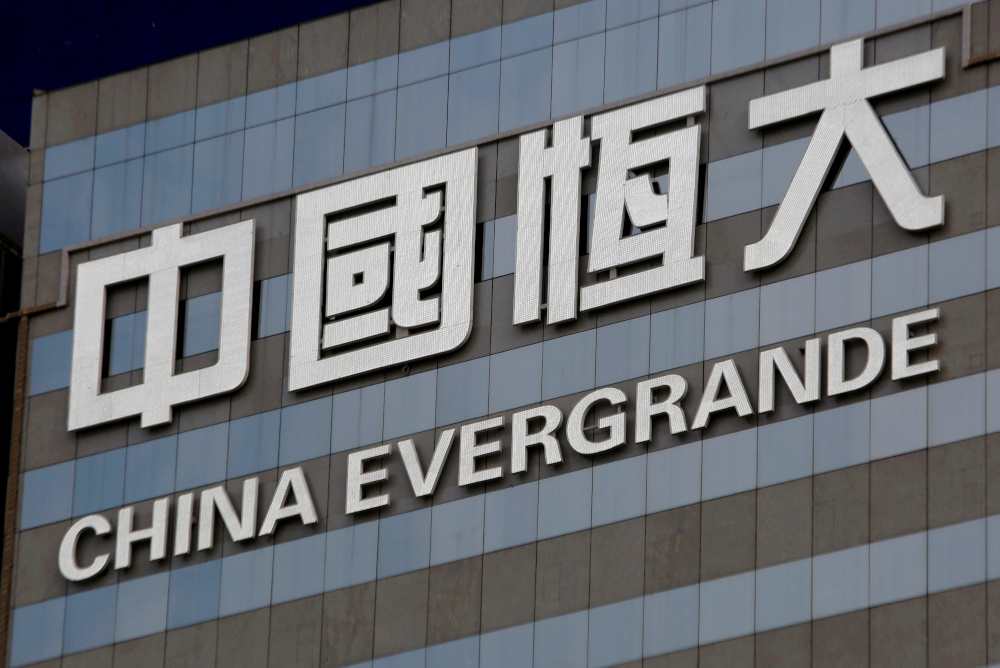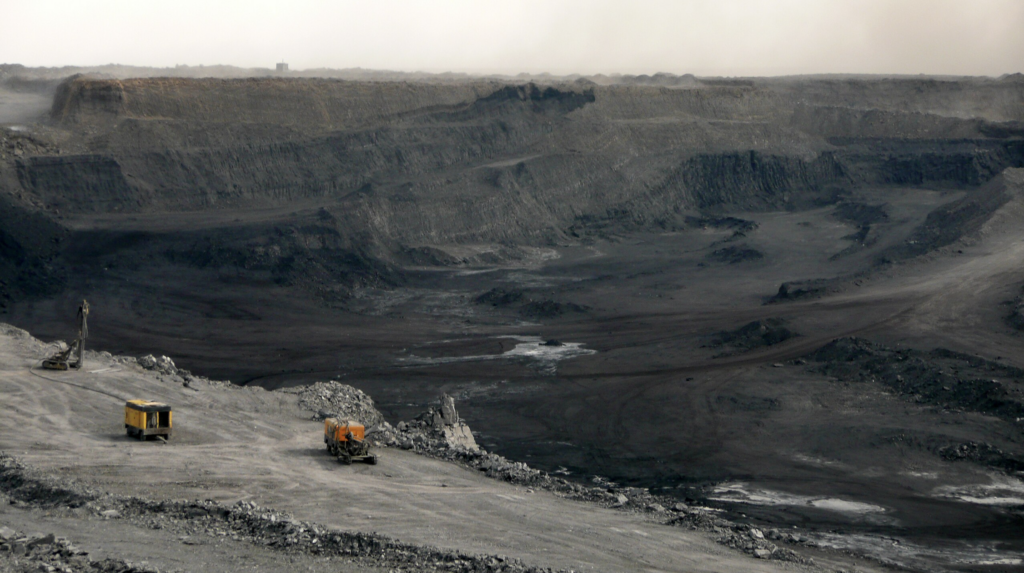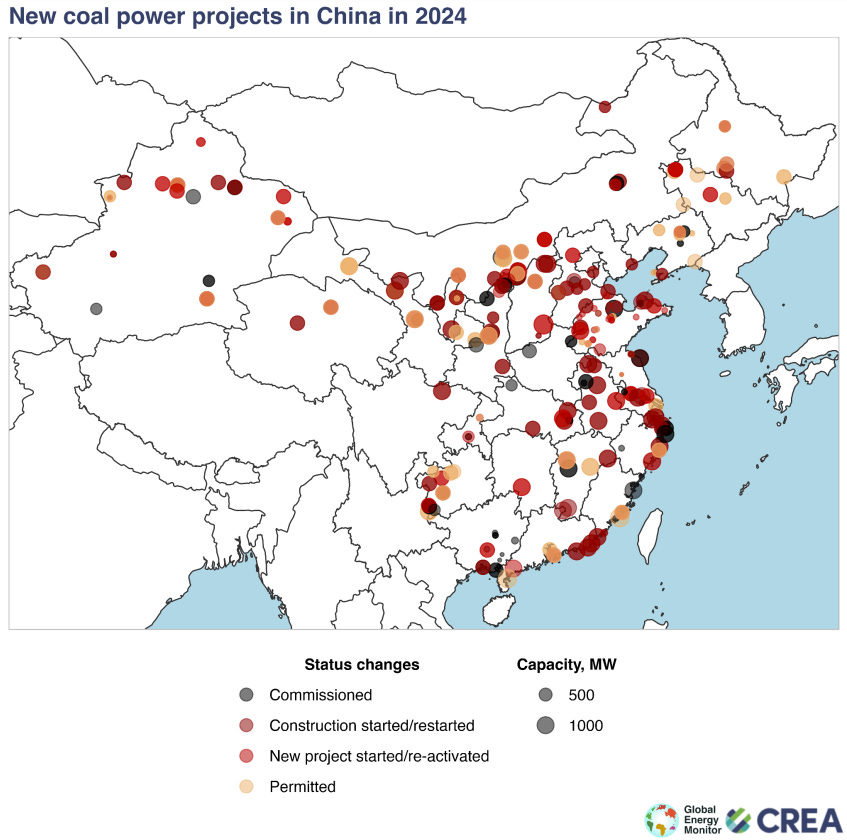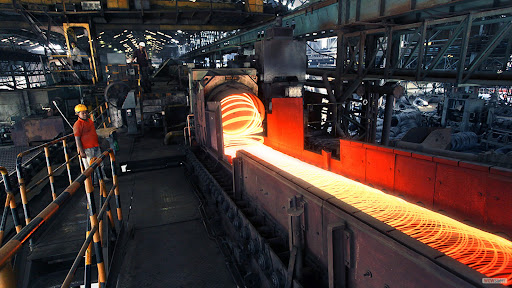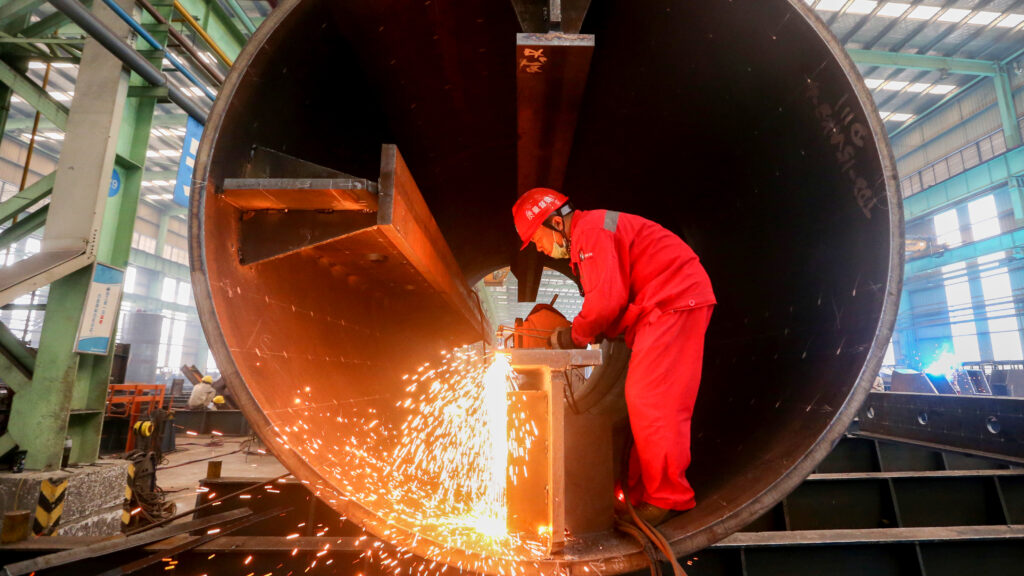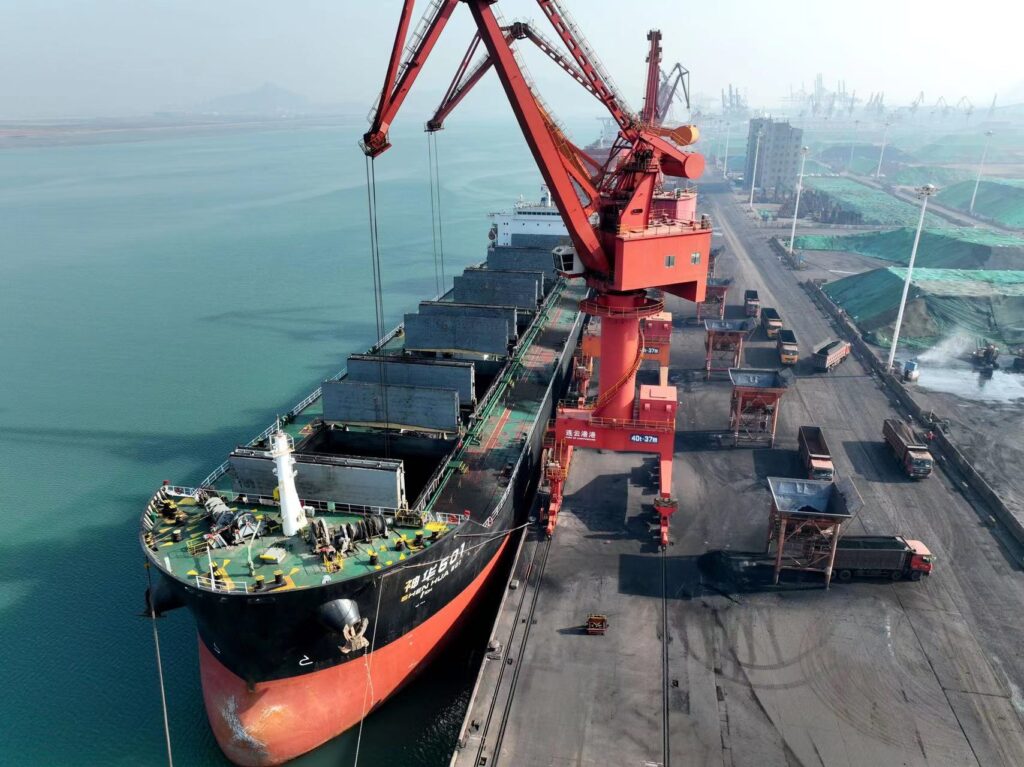China’s Premier Li Qiang placed the development of “new productive forces,” which means a systematic shift to high-end, smart and clean manufacturing industries, on top of the government’s 2024 agenda, according to his speech at the National People’s Congress opening meeting on March 5.
The National People’s Congress, together with the Chinese People’s Political Consultative Conference, are jointly known as “Two Sessions” or “lianghui,” the biggest annual political gathering of the country. Two Sessions outline the government’s key agendas in 2024 and set the stage to discuss and announce some of the country’s most important economic and political decisions.
In the speech, Li announced a relatively modest GDP growth target of “around 5%,” which was close to last year’s growth rate of 5.2%. He also highlighted some critical challenges for the country to sustain its economic growth, notably debt of local governments, weak domestic demand, subdued export activity and the real estate sector’s crisis. Despite that, Li highlighted the remarkable growth in the country’s “new manufacturing industries.”
“The exports of electric vehicles, lithium batteries and solar PV products increased by nearly 30% last year,” Li said, adding that China accounted for more than 60% of the world’s total electric vehicle production and sales as well as over 50% of the world’s renewable capacity addition in 2023.
Li listed 10 things for the government to complete in 2024, among which he placed “accelerated industry modernization and development of new productive forces” above other targets like maintaining security, stimulus for international trade and domestic consumption, coordination of urban and rural development, medical and social welfare.
Traditional industries also need to accelerate transformation to enable smarter and greener production, he said, adding that the government plans to establish pilot industrial clusters for demonstration projects of frontier technologies.
The speech sent a strong signal that the country’s top policymakers saw clean energy manufacturing industries as the new pillar to sustain the country’s economic growth, and that the traditional industries need to continuously improve their productivity and efficiency to stay competitive.
Li’s work report also called for expanding the country’s compliance emission trading scheme to cover more sectors, building transmission channels for renewable electricity to connect supply and demand centers, and develop energy storage technologies. Nevertheless, the development of clean energy industries does not translate to an ambitious target of energy intensity, namely the energy consumption per unit of GDP. Li set a conservative target of reducing energy intensity by “around 2.5%” in 2024.
Notably, the government targets to reduce energy intensity by 13.5% from levels in 2020 by 2025, according to the country’s 14th five-year plan. The moderate 2.5% reduction this year implied challenges for the country to meet its five-year plan target, especially considering the rapidly increasing energy demand and slowing economic growth in recent years.
Li also reaffirmed the importance of energy security. He called for accelerating exploration and development of oil, gas and strategic mineral resources and reaffirmed coal’s role as the ballast of the energy system to ensure sufficient energy supplies.
By: Ivy Yin


